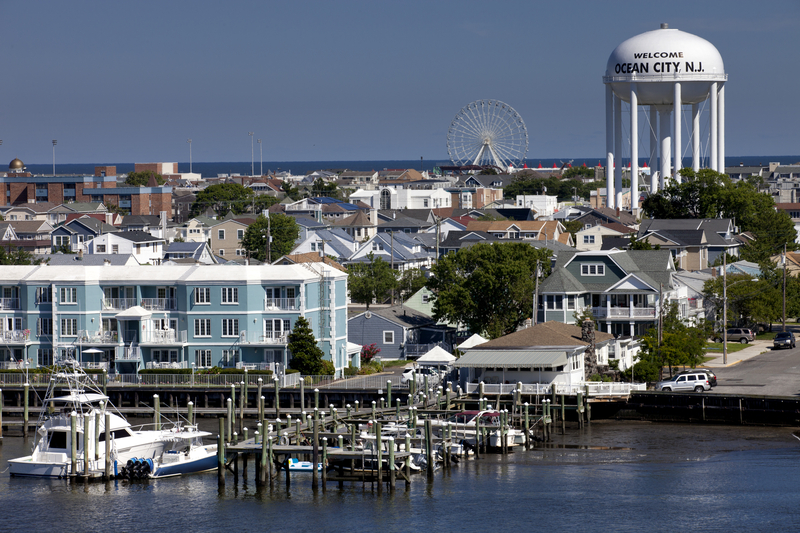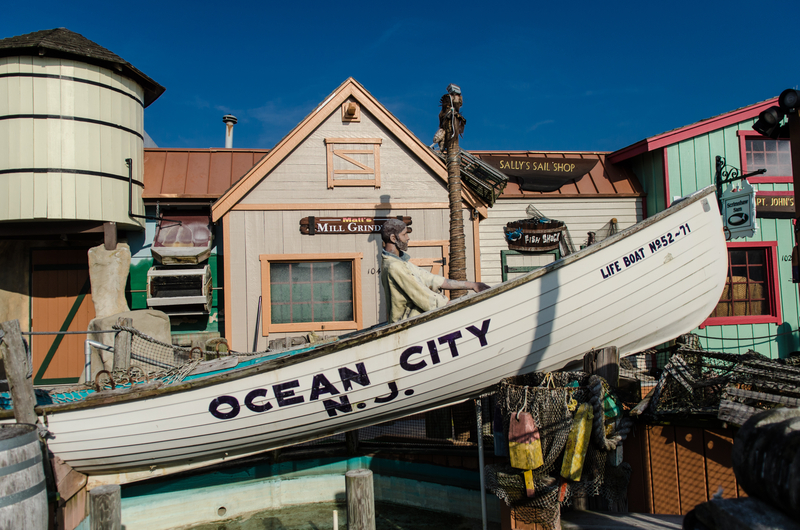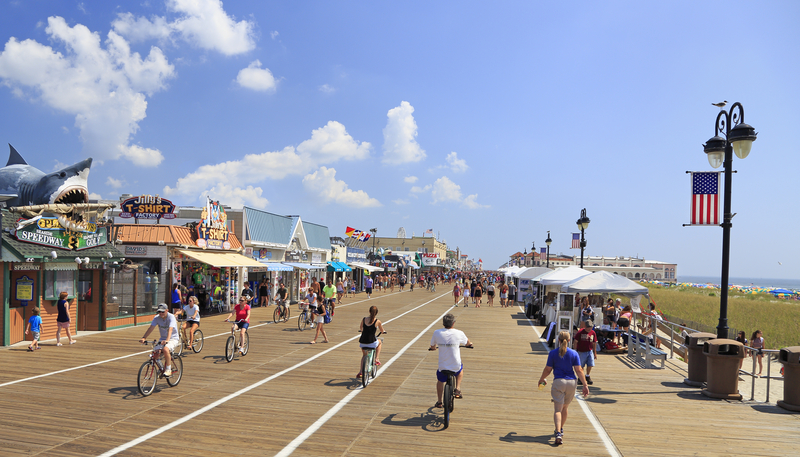Ocean City, New Jersey: A Dry Town with a Rich History
In the scenic locale of Ocean City, New Jersey, a unique feature distinguishes it from many other seaside towns—its status as a dry town. This distinctive characteristic has deep roots that trace back to the town’s very inception and intertwine with the broader narrative of American Prohibition. The journey of Ocean City from its founding days to its present status offers a fascinating glimpse into how societal values, legal challenges, and community spirit have shaped its identity.
The establishment of Ocean City in 1879 was underpinned by four Methodist ministers who envisioned a Christian seaside resort dedicated to sobriety and family values. From its early days, the town’s founding principles were clear: alcohol was not welcome. This foundation was not merely a reflection of personal beliefs but a deliberate effort to create a wholesome environment that contrasted sharply with other vacation spots of that era, which were often rife with saloons and gambling dens.

The advent of national Prohibition in 1920 further solidified Ocean City’s commitment to maintaining a dry status. While Prohibition ended in 1933, Ocean City chose to continue its alcohol ban, underscoring a community ethos that prized sobriety as integral to its identity and appeal. This decision was not without its challenges, as the town faced pressure to adapt to changing social norms and economic considerations. Yet, it remained steadfast in its commitment to being a dry town.
The prohibition in Ocean City has not only been a historical footnote but a continuous influence on its culture and economy. The ban on alcohol sales within city limits has shaped the town’s family-friendly image, attracting visitors who seek a quieter, more wholesome beach experience. This identity has been a key factor in its tourism industry, differentiating Ocean City from other coastal destinations that offer a more conventional nightlife.
However, the decision to remain a dry town has also presented challenges, particularly in terms of economic competitiveness. Neighboring towns with less restrictive alcohol policies have sometimes drawn away potential visitors, leading to debates within the community about the costs and benefits of maintaining its dry status. Despite these challenges, many in Ocean City regard the prohibition as a core part of the town’s character, believing it contributes to a safer, more family-oriented atmosphere.

Legal challenges have periodically tested Ocean City’s dry status. There have been initiatives aimed at overturning the alcohol ban, arguing that it restricts economic growth and personal freedom. Yet, such efforts have largely been unsuccessful, reflecting a strong community consensus in favor of preserving the town’s unique identity. This resilience underscores the deep-rooted values and convictions that continue to define Ocean City.
The impact of Ocean City’s prohibition extends beyond its legal and economic aspects, influencing the town’s social fabric and community life. The absence of alcohol has encouraged the development of alternative forms of entertainment and socializing, from family-friendly boardwalk attractions to community events that emphasize inclusivity and wholesomeness. This environment fosters a sense of camaraderie and shared values, reinforcing the town’s identity as a safe and welcoming place for families.
